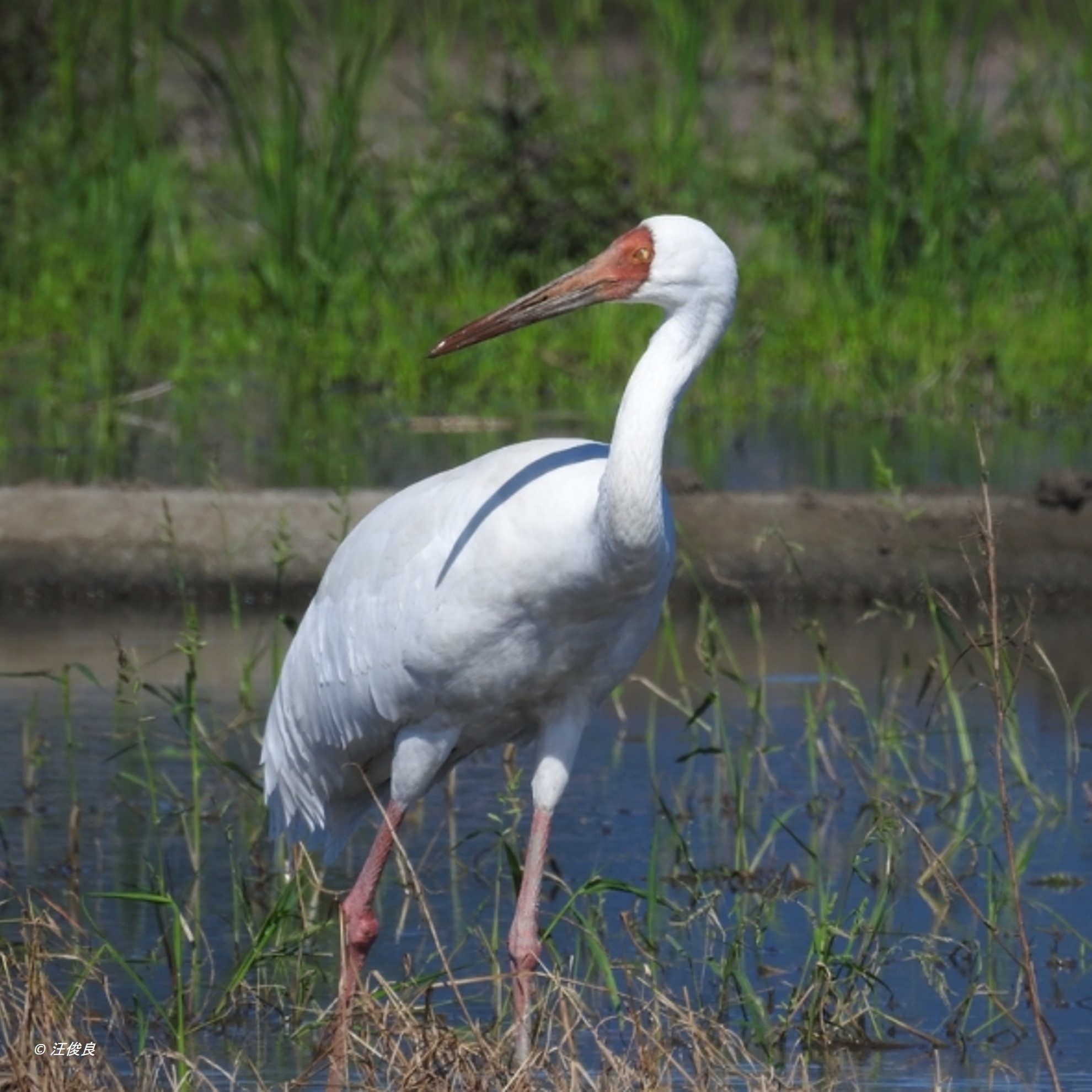
siberian white crane

National Parks/ Sanctuaries
-
Common Names
siberian white crane, snow crane, siberian crane
Regions
IndiaAzerbaijanChina
Population
3,500
Habitat
Wetlands, marshes, and shallow lakes.
Weight(in lbs) and Life Span
20, and 20
Regions
India, Azerbaijan, China, Japan, Jordan, Kazakhstan, South Korea, Mongolia, Pakistan, Turkmenistan, Hong Kong, Afghanistan, Iran, Russian Federation
The Siberian Crane (Leucogeranus leucogeranus) is a strikingly large, all-white crane with black primary feathers that are visible during flight. It is easily recognized by its bright red face mask, which extends from the bill to behind the eyes, adding to its distinctive appearance. These cranes are among the most aquatic of all crane species, depending heavily on wetlands for their survival throughout the year. During their breeding season in the remote lowlands of Siberia, they nest in moss-covered marshes and bogs, where their chicks are raised in relative isolation from predators.
Known for their remarkable long-distance migrations, Siberian Cranes travel thousands of kilometers annually to their wintering grounds in the Yangtze River Basin in China. Their flight paths and stopover sites are of critical ecological importance, with some populations historically migrating to Iran and India. The cranes are renowned for their graceful courtship displays, which include synchronized bows, leaps, and coordinated dances that strengthen pair bonds. Their diet is primarily aquatic, consisting of plant tubers, roots, and small invertebrates found in shallow wetlands.
Once widespread, the Siberian Crane is now critically endangered due to habitat loss, hunting, and climate change. Despite significant conservation efforts, including international treaties and captive breeding programs, their populations remain vulnerable. This species is not only a symbol of wet...
Read moreActivity Instructions
- Draw the Animal: Use the next page to draw a picture of the animal. Use your imagination and make it colorful!
- Write an Essay: Write a short essay about the conservation efforts to save this animal. Here are some questions to guide you:
- Why is this species important in its ecosystem?
- What are the threats it faces, and how can we help?
- What do you find most interesting about this species?


